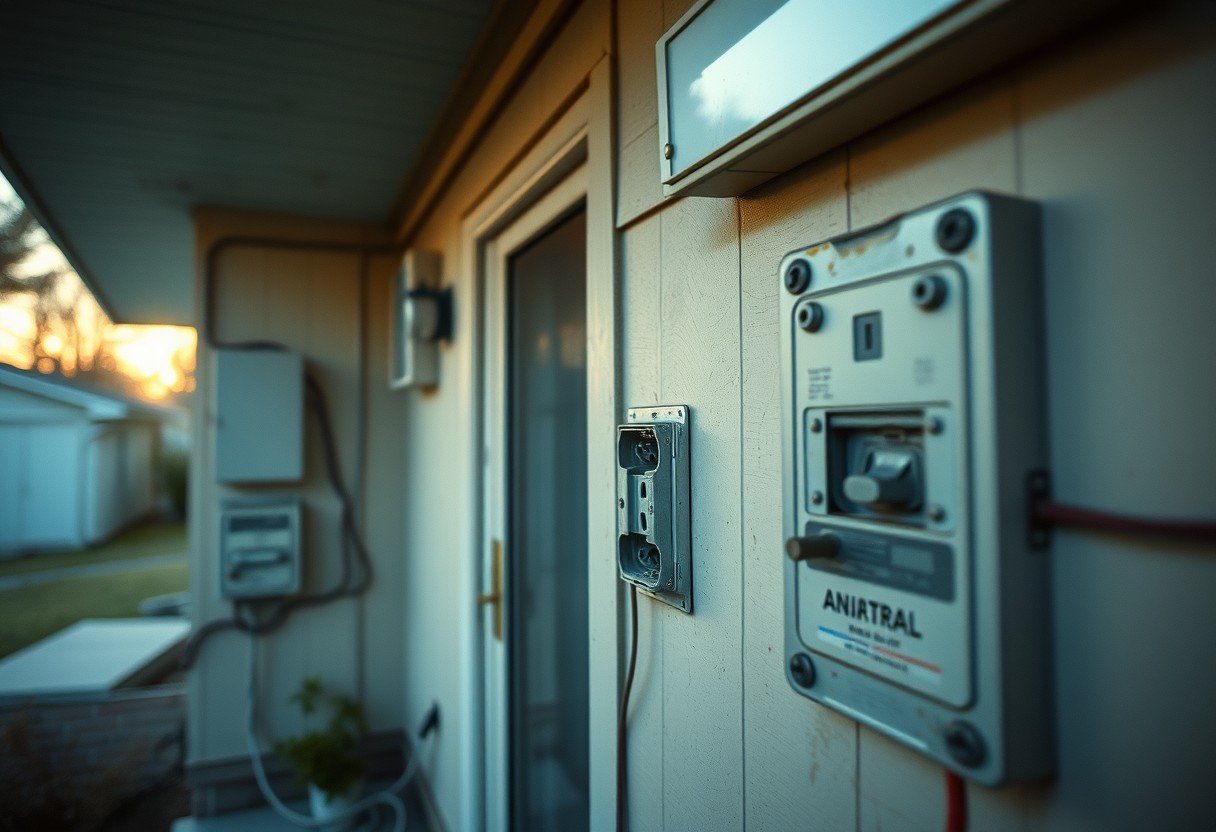Burial insurance, also called final expense insurance, is a policy designed to cover funeral and other end-of-life costs. When a policy has no waiting period, it means your beneficiaries receive the full death benefit immediately after you pass away, starting from the very first day of coverage. This immediate access to funds helps families avoid financial stress during a difficult time, ensuring burial costs are handled without delay.
Understanding Burial Insurance and its Purpose
Burial insurance is a specific type of whole life insurance policy. You might also hear it called “funeral insurance” or “senior life insurance.” While the names are different, the goal is the same: to provide money for your final expenses.
These policies are created to make sure your family isn’t left with large bills for your funeral, burial, or cremation. The death benefit is typically smaller than a traditional life insurance policy because it’s meant to cover these specific costs.
The primary purpose of burial insurance is to give you peace of mind. You know that your loved ones will have the financial resources they need to honor your final wishes without having to dip into their own savings or go into debt. It’s a way to handle your final financial responsibilities.
Why Do People Choose Burial Insurance?
Many people already have a standard life insurance policy, so why would they need a separate one for burial expenses? Often, the decision comes down to age, health, or the specifics of their existing coverage.
For many seniors or individuals with pre-existing health conditions, qualifying for a large traditional life insurance policy can be difficult or very expensive. Burial insurance policies are often much easier to qualify for. In fact, many burial insurance plans do not require a medical check-up.
Another key reason is that some people’s existing life insurance policies may not have a sufficient death benefit to cover today’s funeral costs, which can easily exceed $10,000. Others may want to leave their main life insurance policy intact for their family’s long-term needs, like income replacement or mortgage payments, and use a burial policy just for final expenses.
The Different Types of Waiting Periods Explained
When you shop for burial insurance, you will find that policies come with different waiting periods. This waiting period determines when the full death benefit is payable. Understanding these differences is crucial before you choose a plan.
A policy with no waiting period provides immediate coverage. However, other plans might delay the full payout for one or two years, often in exchange for easier qualification or lower premiums for high-risk individuals.
Here is a simple breakdown of the common waiting period structures:
| Waiting Period Type | Coverage Start | Payout Details |
|---|---|---|
| No Waiting Period | Immediately | 100% of the death benefit is paid out from day one. |
| Partial Waiting Period | Immediately (Partial) | A percentage (e.g., 30-40%) is paid in the first year, a higher percentage (e.g., 60-70%) in the second year, and 100% after two years. |
| Two-Year Waiting Period | Immediately (Accidental Death Only) | If death is from natural causes within two years, beneficiaries typically receive a refund of premiums paid, plus a small amount of interest. Full benefit is paid after two years. |
What Does No Waiting Period Actually Mean for You?
Opting for a burial insurance policy with no waiting period offers the highest level of security from the moment your policy is active. It means as soon as you have made your first premium payment, you are fully covered.
If you were to pass away a week, a month, or a year after getting the policy, your beneficiary would receive the entire death benefit amount. This is the most significant advantage, as funeral expenses are immediate and cannot be postponed.
Choosing a no-waiting-period policy ensures that your family has access to the money exactly when they need it most. This prevents them from facing the burden of paying for a funeral out of pocket while waiting for an insurance payout. The key benefits include:
- Immediate Financial Relief: Your loved ones get the money quickly to pay for funeral home services, a casket or urn, and burial plots.
- Complete Peace of Mind: You can be confident that your coverage is effective from day one, with no clauses that could delay payment.
- No Risk for Beneficiaries: Your family is guaranteed to receive the full face value of the policy, regardless of when you pass away (as long as it’s not due to suicide within the first two years, which is a standard exclusion).
Are there Alternatives to Burial Insurance?
While burial insurance is a popular choice, it is not the only way to plan for final expenses. Understanding the other options can help you decide what is best for your financial situation and your family’s needs.
One common alternative is to set up a dedicated savings account. You can open a high-yield savings account and name a trusted family member as the beneficiary or joint owner. This gives them immediate access to the funds upon your passing without any waiting period.
This method offers flexibility, but it requires the discipline to save consistently and not touch the money for other purposes. It is a good option if you want to cover only funeral costs and prefer to manage the funds yourself.
Ultimately, planning for your funeral is just one piece of the puzzle. It is also important to consider your overall estate plan. Make sure your family members are aware of your wishes and know where to find important documents. Staying organized and communicating clearly can prevent confusion and stress for your loved ones.
Frequently Asked Questions about Burial Insurance
What is burial insurance?
Answer: Burial insurance is a type of whole life insurance policy with a small death benefit, typically from $5,000 to $25,000. It is designed specifically to help your loved ones pay for your funeral, burial, and other final expenses.
Is burial insurance the same as whole life insurance?
Answer: Yes, burial insurance is a form of whole life insurance. This means that as long as you pay your premiums, your coverage will never expire, and your premium amount will never increase.
Can I get burial insurance with no medical exam?
Answer: Yes, many burial insurance policies do not require a medical exam. You may only need to answer a few health questions on the application, making it easier for seniors and those with health issues to qualify for coverage.
What happens if death occurs during a policy’s waiting period?
Answer: If you have a policy with a two-year waiting period and pass away from natural causes during that time, your beneficiary will not receive the full death benefit. Instead, the insurance company will typically refund all the premiums you paid, often with a small amount of interest, like 8% or 10%.
Who can be the beneficiary of a burial insurance policy?
Answer: You can name anyone as your beneficiary, such as a spouse, child, or another trusted relative. You can also name a funeral home as the beneficiary to ensure the funds are used directly for your funeral arrangements.









Leave a Comment